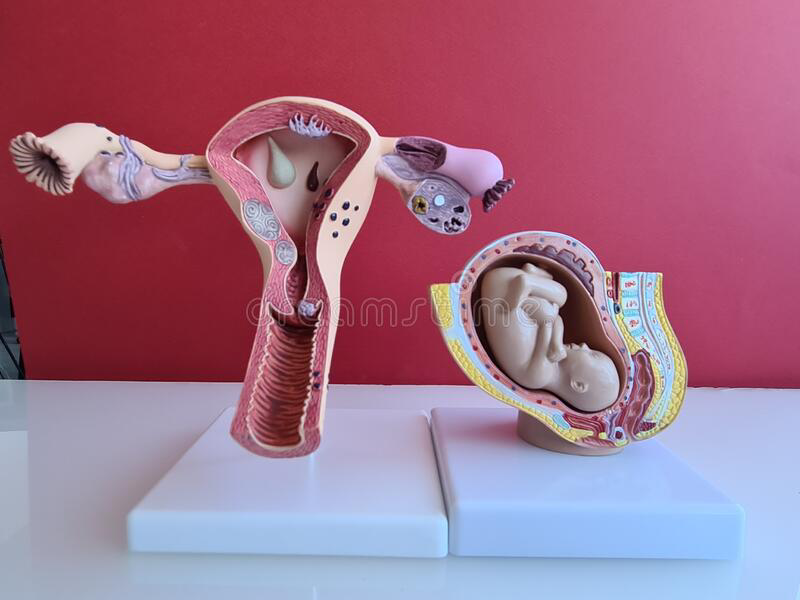Contents
risk factors of ectopic pregnancy,
location where ectopic pregnancy can occur,
prevention, treatment,and medication of ectopic pregnancy
READ ON BREAST CANCER IN MEN AND WOMEN
Ectopic Pregnancy
An ectopic pregnancy happens when a fertilized egg implants outside of your uterus, most commonly in your fallopian tube. The fallopian tube isn’t made to hold a growing embryo. This condition can lead to bleeding in the birth parent. An ectopic pregnancy is a life-threatening condition that requires emergency treatment
Ectopic pregnancy is a condition in which a fertilized egg implants and grows outside of the uterus, usually in the fallopian tube. It is also referred to as tubal pregnancy or extrauterine pregnancy.
Symptoms:
-Sharp abdominal or pelvic pain
-Vaginal bleeding
-Lightheadedness
-Shoulder pain
Causes:
The most common cause of an ectopic pregnancy is a blockage or narrowing in the fallopian tube, caused by either a scar from a prior infection or from scar tissue from a prior surgery. Other risk factors that can increase the likelihood of an ectopic pregnancy include pelvic inflammatory disease, endometriosis, and prior ectopic pregnancies.
Risk factors:
-Previous ectopic pregnancies
-Previous pelvic or abdominal surgeries
-Sexually transmitted infections
-Endometriosis
-Smoking
-Use of fertility drugs
-Structural abnormalities in the uterus or fallopian tubes
What are the types of diabetes
Treatment and prevention of diabetes mellitus
Location:
Most ectopic pregnancies occur in the
👉fallopian tube,
but they can also occur in the
👉ovary,
👉cervix, or abdomen.
Prevention:
The best way to prevent an ectopic pregnancy is to get regular pelvic exams and Pap smears, to detect any infections or abnormalities in the reproductive organs.
Additionally, abstaining from smoking and avoiding STDs can help reduce the risk of developing an ectopic pregnancy.
Treatment:
Ectopic pregnancies are usually treated with medication or surgery.
If the pregnancy is detected early and the egg is not yet implanted in the fallopian tube, medication can be used to stop the growth of the embryo.
If the embryo has implanted in the fallopian tube, a procedure to remove the embryo is usually performed.
Medication:
The most common medication used to treat ectopic pregnancies is methotrexate.
This drug stops the growth of the embryo by preventing the cells from dividing. If the embryo has implanted, a second dose of methotrexate may be required.
In some cases, surgery may be necessary.
What are the types of diabetes
Treatment and prevention of diabetes mellitus
BY DR JOHN

